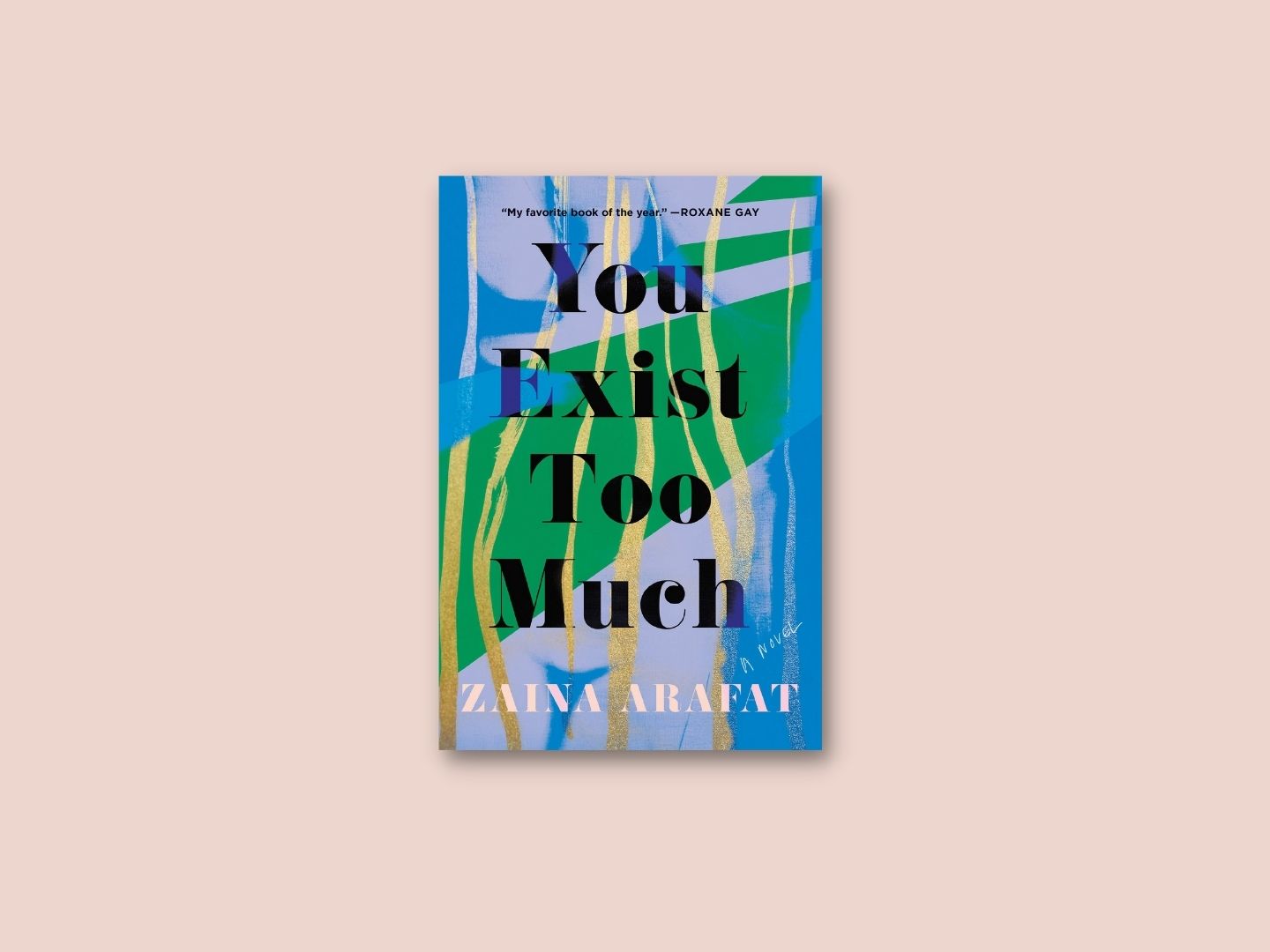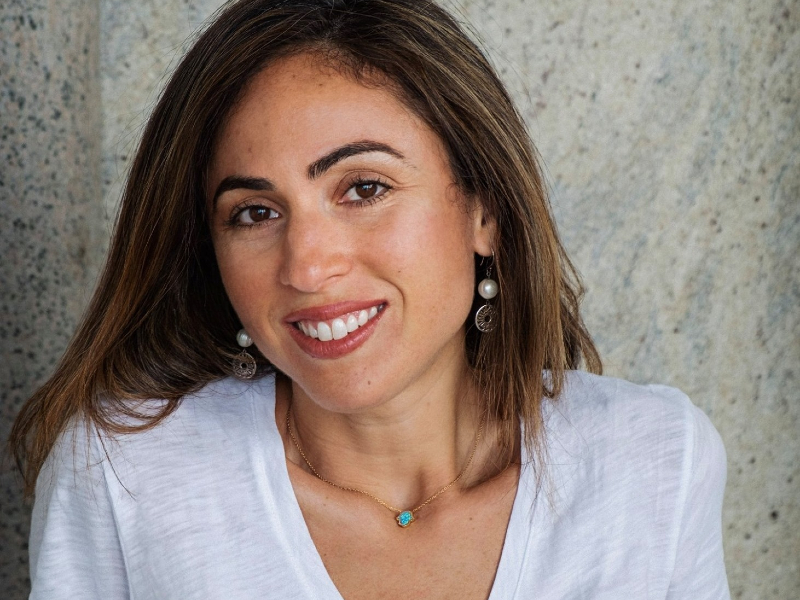
Through her protagonist, Zaina explores different perceptions of queer identity (Photo: Catapult)
"It is a bizarre and unsettling feeling, to exist in a liminal state between two realms, unable to attain full access to one or the other,” says the nameless protagonist in Zaina Arafat’s debut novel You Exist Too Much. Told in the first person, the story flits between this Palestinian American woman’s past and present and relates how she navigates her many identities — as a queer Arab, immigrant, anorexic and love addict — all the while searching for love.
Zaina’s protagonist is engaging as she draws the reader into her world of bad choices and circumstances. She jumps through vignettes of her life, weaving between childhood and adulthood, finding parallels and patterns. Her account drifts between growing up in the US and summers in Jordan and Palestine, or her birthplace of Nablus, but she never feels that she belongs anywhere. “Yet it’s the idiosyncrasies of culture that keep me as an outsider, and leave me with a persistent and pervasive sense of otherness, of non-belonging,” she says.
It is the feeling that many children of immigrants or third-culture kids experience — the idea that you are not American enough because of the way you look or not Arab enough because you never grew up in the culture, for example. Zaina laughs off microaggressions, such as jokes about being a terrorist, from one side and gets judged for her broken Arabic on the other — she just cannot win.
In the first chapter, we already see the protagonist finding solace in the “in between”, as she has to borrow her uncle’s trousers to cover up her legs to be deemed “appropriate” in Bethlehem. “Wearing my uncle’s baggy trousers, I enjoyed occupying blurred lines. Ambiguity was an unsettling yet exhilarating space,” she reflects. The protagonist’s namelessness really struck me at this point as it resonates with the freedom she feels in anonymity.
zaina_arafat.jpg

Zaina’s character is pushed further into her otherness by her “perfect” mother — her full name, Laila Abu Sa’ab, is proudly repeated, cementing her identity and demarking her daughter as separate, as she has a different last name (and remains nameless throughout the book). Laila uses her own bad choices as a weapon against her daughter — “she should have had better, she didn’t deserve all this”, her daughter constantly recounts being told. And it is her words that are used as the title of this book: “‘You exist too much’, my mother often told me.”
The protagonist touches on moments of political turmoil, such as “the intifada”, and recounts watching the news about the war or how Palestinians are exiled to camps in Lebanon, but she is like a distant observer. Laila and her ex-husband are her daughter’s link to her heritage, but there is always a sense of violence in their relationship. “If my mother was Hamas — unpredictable, impulsive, and frustrated at being stifled — my father was Israel. He’d refuse to meet her most basic needs until she exploded.”
Her parents’ unsettling dynamic almost mirrors the political turmoil she is used to watching on TV. However, when it happens at home she is no longer just an observer, but someone in the middle of the fallout. Zaina creates these subtle parallels in her book, making such a complex issue almost more digestible.
The protagonist’s bisexuality is another factor that riles her mother and the discrimination of queerness in her culture is an added struggle. This has made it harder for her to reach for the ideal that her mother expects of her, and in turn what she thinks she wants for herself. “A relationship with a woman meant failure: I had failed to get a man, failed to find something normal, failed to not be pathetic. ‘This is why you don’t have a boyfriend!’ my mother yelled each time I did anything she deemed wrong, even if it had no relation whatsoever to what I’d done or why I didn’t have a boyfriend, even when I did have one.”
Through her protagonist, Zaina explores different perceptions of queer identity, and even how the character’s persona is constantly in flux as she is unable to come out and be her true self. Her life captivates the reader, especially as she attempts introspection when attending a treatment centre, The Lodge, to help cure her love addiction. She is ruled by destructive obsessions. I felt myself physically wincing as she fought the treatment with snarky sarcasm, and was especially nervous as she navigated dating after, still making questionable choices. Zaina neither sugar-coats addiction nor suggests an overnight cure, but something in her prose ignites hope.
You Exist Too Much really examines the many aspects of identity, from navigating migration and multiple cultures to the complexities of family. Far from being a one-dimensional woman, Zaina’s protagonist is layered — coming to terms with her sexuality and treating her mental health all while searching for her ideal of “real love”.
The book, while presenting a unique perspective, is also true to real life. It is not filled with joy and has no traditional happily-ever-after ending, but readers will find pockets of cheerful triumphs, deep reflections that lead to self-improvement, and baby steps towards self-love. It is a nuanced look at life without rose-tinted glasses, a look at reality that we all need sometimes.
Purchase 'You Exist Too Much' at Kinokuniya for RM78.35 here.
This article first appeared on Aug 9, 2021 in The Edge Malaysia.


